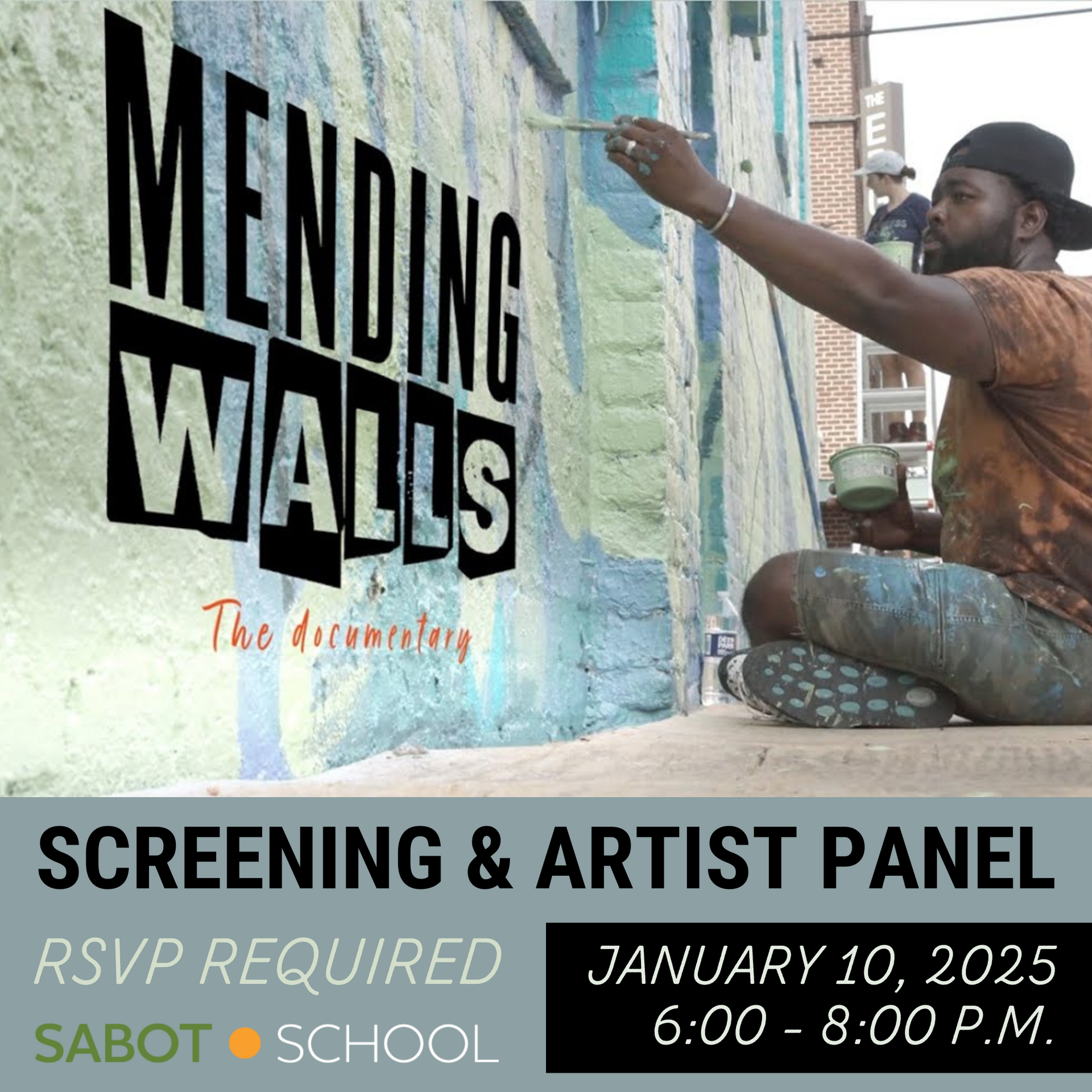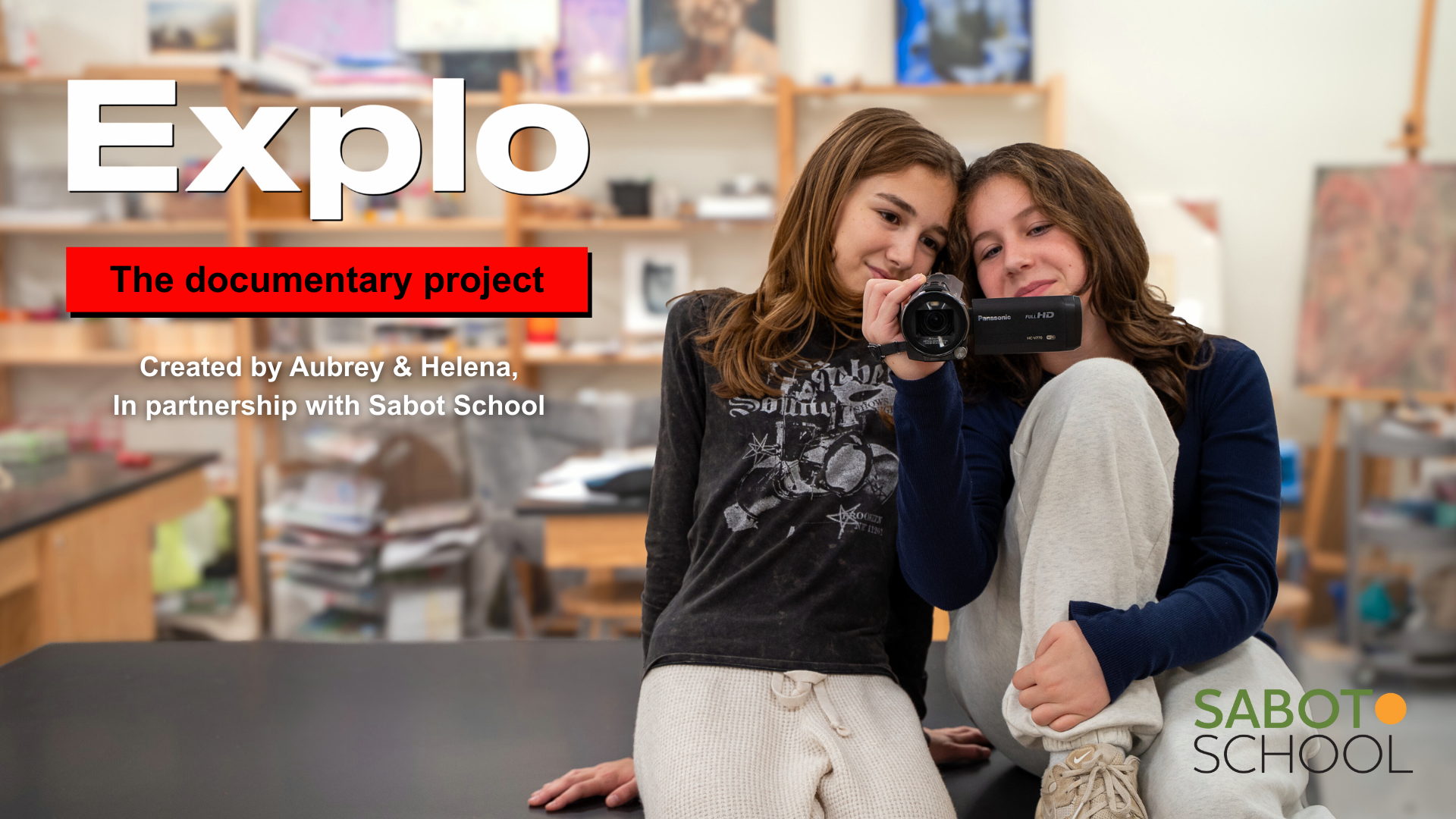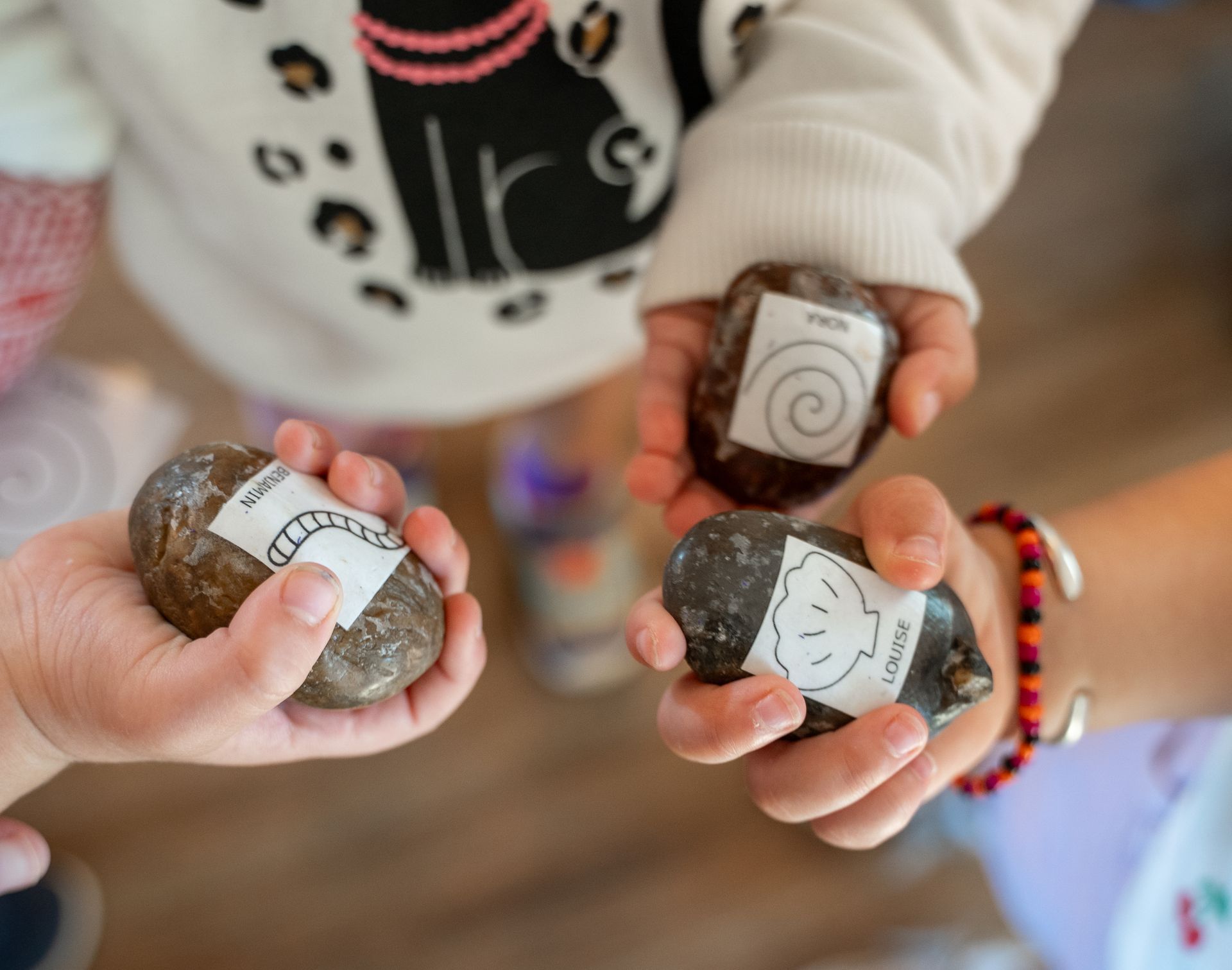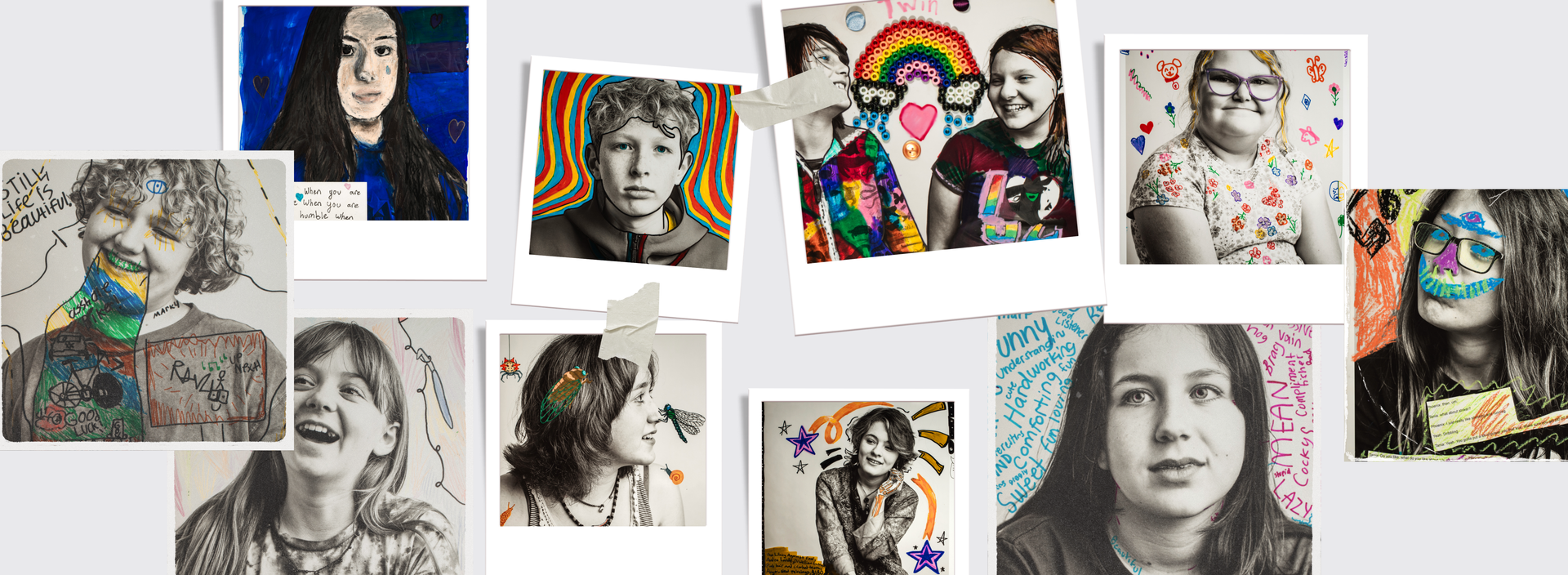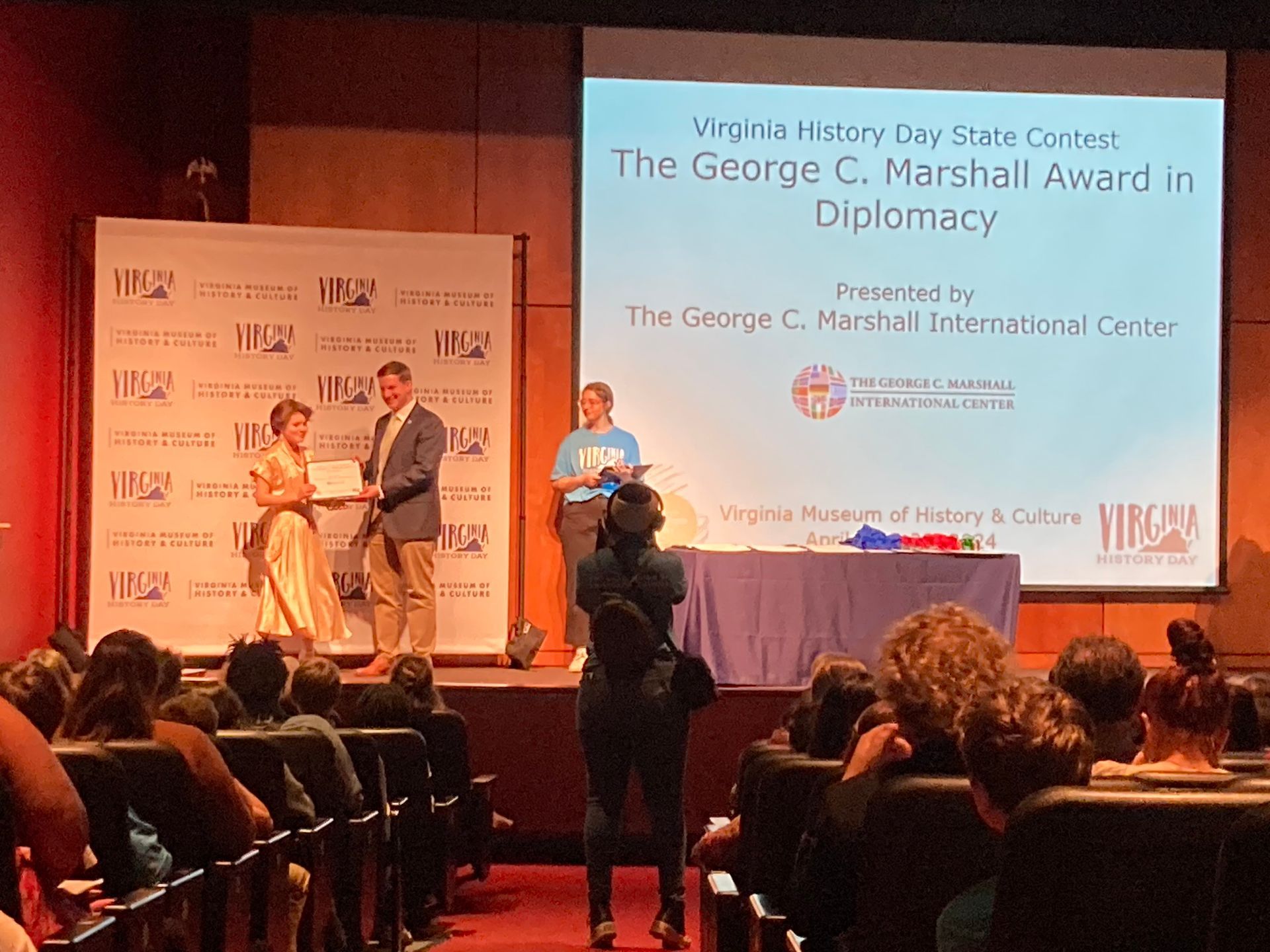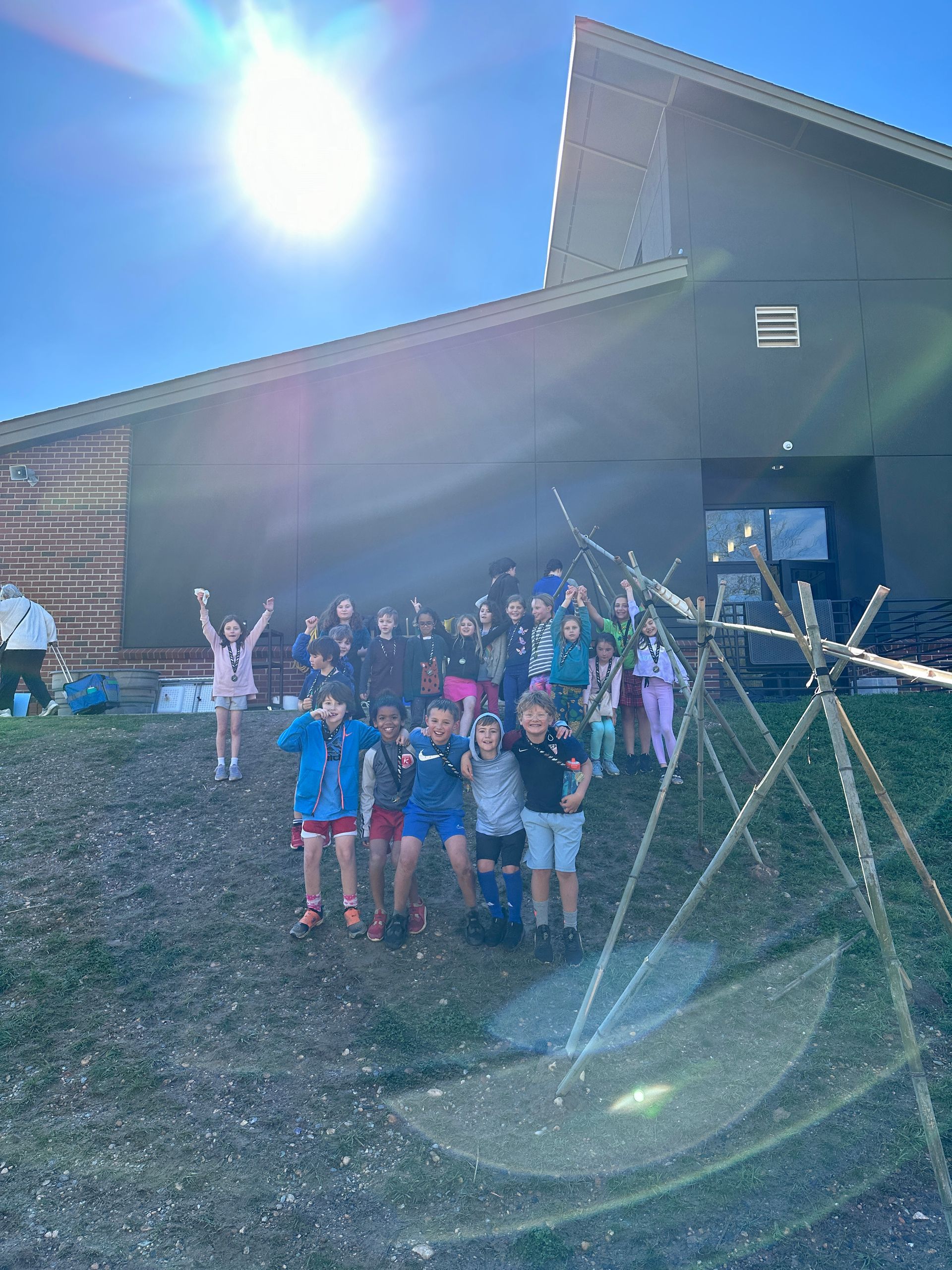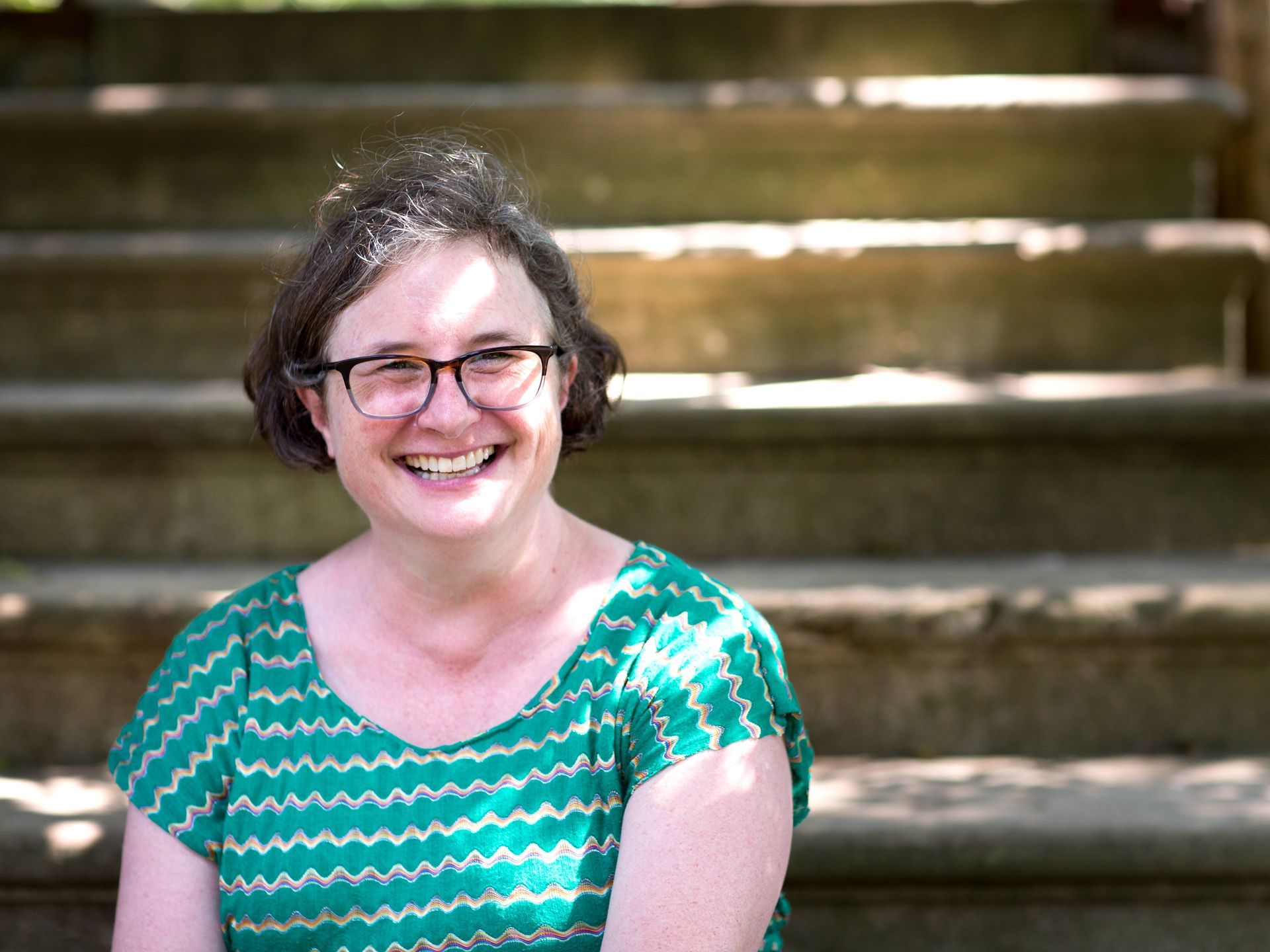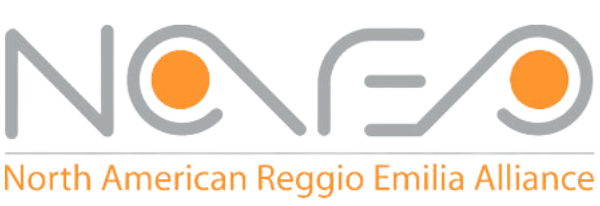Without Reach, the Rs are… incomplete!
by Dan Daglish

7th and 8th graders attend the Virginia Junior Academy of Science symposium, an exciting two-day event at a university campus in Virginia. After a year-long process in which all students devise, conduct, and report on a science research project, students present their research to a panel of scientists in a 10-minute presentation and answer any questions from the scientists.
There is an old saying about students, which I have focused on since I began teaching: “They don’t care what you know until they know that you care.” This saying reflects the fact that the very core of every teacher’s educational practice needs to be a focus on building relationships with our students. It is not putting the matter too strongly to say that teachers who forget the primary importance of relationship are doomed to failure; without that, we cannot hope to inspire our students to take on challenges, to take risks and to become driven independent learners. So rightly, “relationship” is one of our Five Rs.
But for this post, however, I would like to lay out the case for the equal importance in the Sabot MS program of another of the Rs: Reach .
At Sabot, we describe “Reach” as “the willingness to take responsible, personal and intellectual risks, recognizing the role of sustaining effort and embracing challenge.” Reach means going beyond “good” to strive for “great.” Reach means not letting yourself be satisfied with what you are confident you know how to do well, but rather stretching towards what you don’t yet know you are capable of.
And time and again, we have seen that when students are willing to take those responsible risks, when they push themselves to embrace challenge–that is when they truly expand their horizons and soar.
Without reach, what would we get in our students’ representations of learning? Sure, we will see reliably “safe” work that students can rightly be proud of: the well-researched PowerPoint, the respectably argued paper.
But without reach, would they really have grown? Would they have learned something new about themselves — maybe even surprised themselves with what they didn’t know they were capable of? Would the shy student have performed that interpretive dance in front of the whole class? Would the mathematician have written that poem or the poet discovered an unanticipated excitement for web coding? I’d suggest not.
Similarly, without reach, would a research project generate a new understanding of how to do and document research? Would it encourage that student to find five sources instead of being content with just one? Or to read that article in Science about the effects of Sepiaterin on cancer cells–just to learn more? My money’s on “no”.
And finally, without reach, what student would even think about truly reflecting? Isn’t it the nature of the adolescent middle school student to first procrastinate and then, finally at the last minute, get the job done? And once it’s done, it’s done – right?
But not if you are pushed, not if you are challenged, not if you are required to reach…that is when middle school students will start to reflect. That is when they take the risk to look inside themselves and reflect on what they have learned and how they learned it. And once they reflect, that is when they start to realize how great they really are and how much they are capable of as individuals, not only as part of the crowd. And that is something worth learning.
That is what reach does for us in the middle school…it makes all the other “Rs” work, Without reach we would be a successful but not an exceptional school; it is reach that puts us over the top.
The post Without Reach, the Rs are… incomplete! appeared first on Sabot at Stony Point.
SHARE THIS POST
